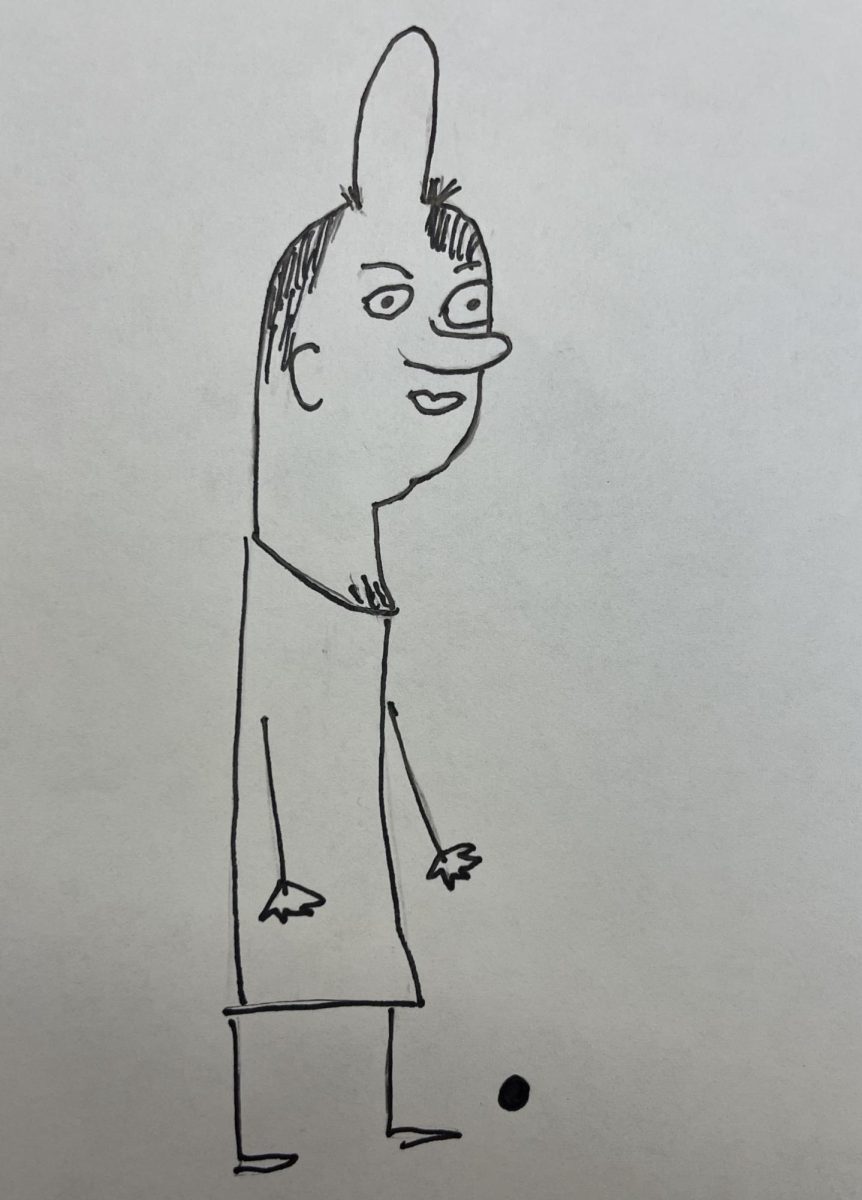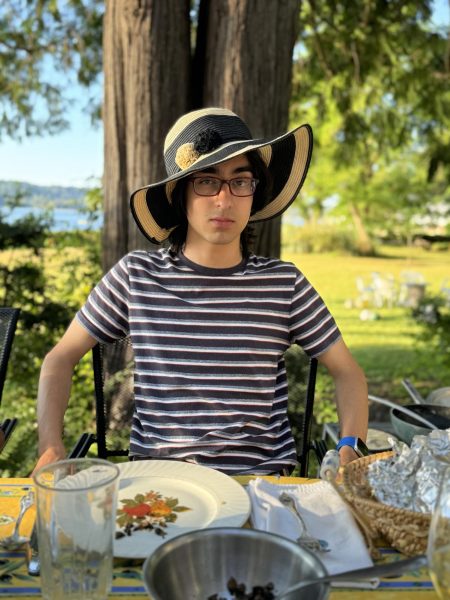Without school teams, adults have fewer opportunities to play organized sports. For social studies teacher Nathan King, that opportunity comes from pickleball, a Puget Sound original sport played in parks across Seattle. “You can just show up and just play,” he said, “you’ll meet people and play for hours.”
Invented on Bainbridge Island in the 60s, pickleball has recently exploded in popularity across the US. Mr. King was introduced to the sport by a family friend, the owner of what is now one of the largest pickleball retailers in the world. He stuck with it because it is easy to learn and difficult to master. “Pickleball can get really advanced and you get really, really good players,” he said, “so it’s not just for old folks. I can tell you that there’s like, very young, athletic people out there. Even tennis pros have started playing pickleball, Andre Agassi and Steffi Graf.”
In 2010, Joshua Woods, who teaches English and History, formed a soccer team with a bunch of pick-up soccer friends. He was joined soon after by science teacher Meade Johnson. “Part of it is playing soccer and part of it is just the camaraderie and hanging out once a week,” Mr. Woods said. He explained that the two teachers are not competitive, because playing together is what makes them better. He did admit however, that Mr. Johnson scores more goals, and that “he understands chemistry better.”
Their team, Leny’s Full 60, has been together long enough to move up an age group, into the over 50 bracket in the Greater Seattle Soccer League. The GSSL is a massive adult league, where the two sometimes play against the parents of students.“The high division are all guys who played in college. Some of them played pro and they’re like super competitive. They just have that drive,” Mr. Woods said, “Whereas our [division] is a little more friendly. We’re also older, so we’ve just kind of mellowed with age. And we’re mostly out there to just not get hurt.” Mr. Johnson countered that age doesn’t prevent shouting matches with opponents, teammates, and even referees. “If you think that people in the second half-century of their lives have the maturity to check their egos, the reality is we’re all just little kids inside,” he said.
Mr. Woods also added to “please be kind to us on Tuesday mornings. When you see us hobbling and unable to bend over and pick things up off the floor, or get up the stairs quickly, please be sympathetic.”
Chess is a lifelong sport for Jeffrey Nomura, who teaches AP calculus. He describes training chess players for a competition as a similar process to coaching a sports team. “The best players in the world are not old people, but they’re younger people,” he said, “like maybe people in their 20s and 30s because you have to have a lot of physical stamina. These games go on for a long time, 4 hours, six hours or more. You’re basically concentrating that full time and you have to be pretty sharp.” Mr. Nomura himself was at his highest rating in college, playing in tournaments and at the Claremont Chess Club in San Diego. He had a rating in the high 2100s, and his biggest regret was not pushing to 2200 to achieve the rank of master. “I had to make a choice between do I want to, you know, finish college and get a college degree? Or do I want to become a chess master?” he said. Despite this, he has kept playing, winning the championships at the Seattle Chess Club and the Boeing employees chess club, and coaching Garfield’s chess team.




